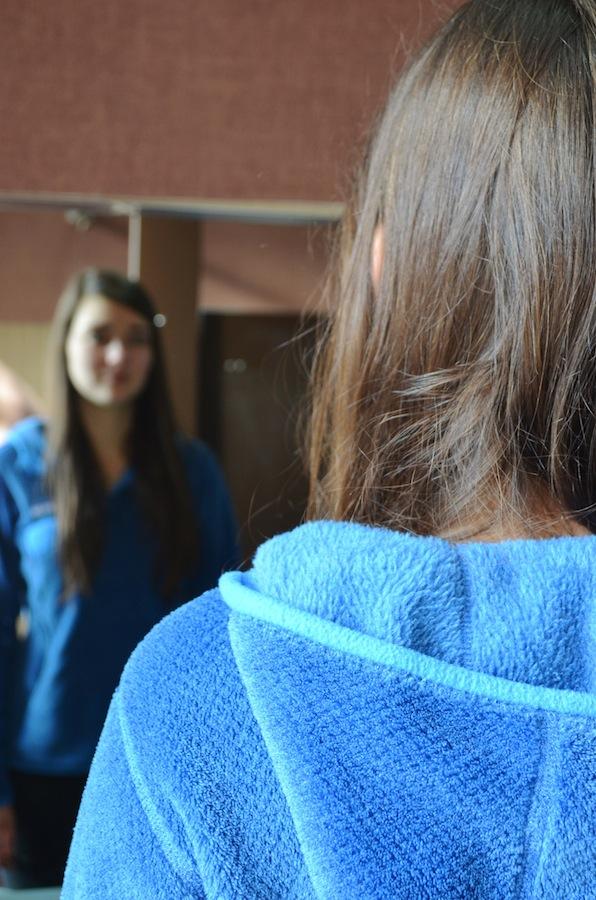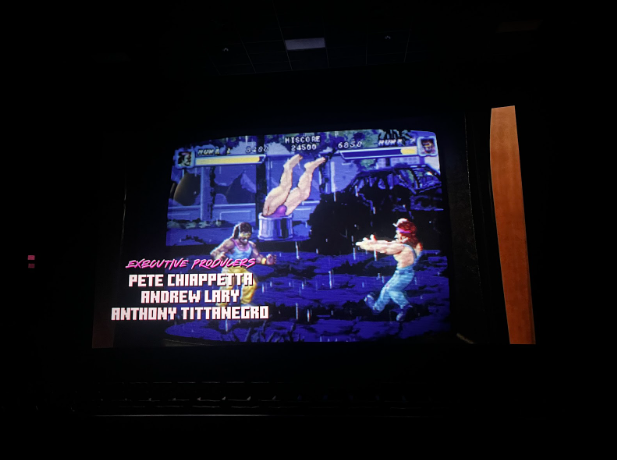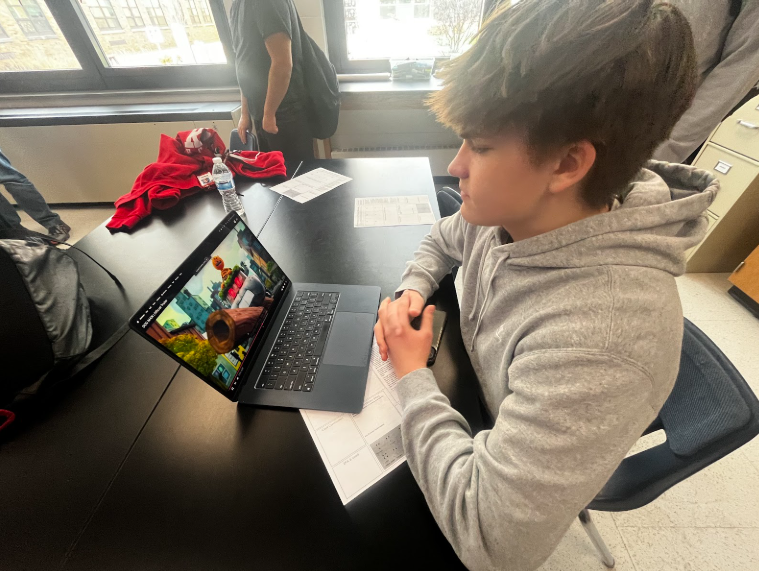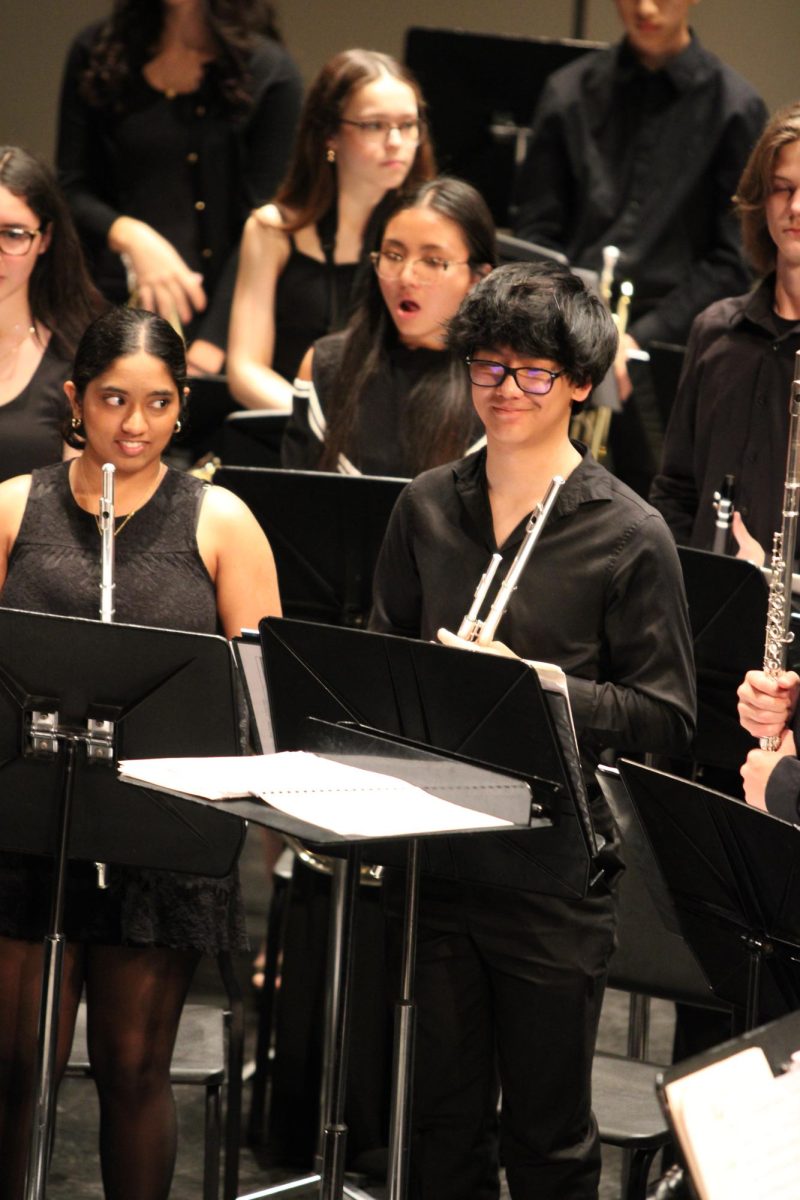With the Manti Te’o fake-dead-maybe-not-girlfriend hoax, Nev Schulman’s documentary, “Catfish”, and his MTV’s new spinoff show, I think it’s finally safe to say that we have seriously underestimated the power of a computer.
It would be easy to give you all a good scolding and then call it a day, but instead of a slap on the wrist, it’s time to seriously explore why we decide to exploit the Internet. What motivates us to build ourselves up into someone who we could never be and can hurt others?
John Kass, from the Chicago Tribune, recently tried to answer this question through his column. Among many other points, he attributed kids’ dependence on the Internet to helicopter parents and the lifestyle they force their children into.
Kass wrote, “So children were shuttled everywhere, to school and after-school activities and play dates and so on. Their time was scheduled down to the minute, in the hope of keeping them safe. They can’t run the streets on their own…So they find another place to play, where they can explore and run free.”
I agree with Kass; nowadays parents and teachers are so much more involved in student’s lives than they’ve ever been before. We’ve lost all control, we’ve lost our identities. It’s become a game where the adults are the puppeteers and the kids are their puppets. It feels like adults tell kids what to do, where to go to school, what job we should pursue, and how to live our lives.
But I think it’s so much more than that.
Kass focuses on the instigators, the parents and the stressful lifestyle, without thinking about what that does to the kids. Think about it. With no control over how to live our lives and no say in who we become as people, what does that do to us? We end up feeling like we amount to nothing special, which turns into low self-esteem. It’s all a matter of importance, of being noticed.
We are creatures who love the lime light; even if we don’t necessarily want to be on stage. We want to be viewed highly in the eyes of our peers and teachers. But how could we possibly have our time in the spotlight when we don’t have anything about ourselves that is our own?
Without an identity that we shape, we are no one. So it’s not just the lack of control, it’s what it does to our psyche. No one wants to live in a present where they are so invisible, or just a pawn in some parent’s game. It makes sense then why we log in online and decide to make ourselves someone so important.
Maybe Ronaiah Tuiasosopo, who is supposedly the creator of Lennay Kekua, Te’o’s “girlfriend” needed a place where he could call the shots and be important, without any parent or employer to tell him who to be or where he needs to be going in life.
And what about all those people who get caught in the act of assuming someone else’s identity on MTV’s series? They’re probably not the confident people with high self-esteem going out and saving the world. They’re kids just like us, who want to be someone special and unique in a community where maybe that’s not allowed.
We all have our plans set for us, whether they’re our parent’s idea or our own is what really matters. And if we don’t break out and find something important about ourselves, we run the risk of hitting a wall, getting fed up, and looking to the Internet to make us something better than ourselves.
Ironically, with its trillions of files and webpages and uploads and blogs and pictures and tweets and statuses and advertisements, we turn to the Internet to ensure that we are not lost in the shuffle.















